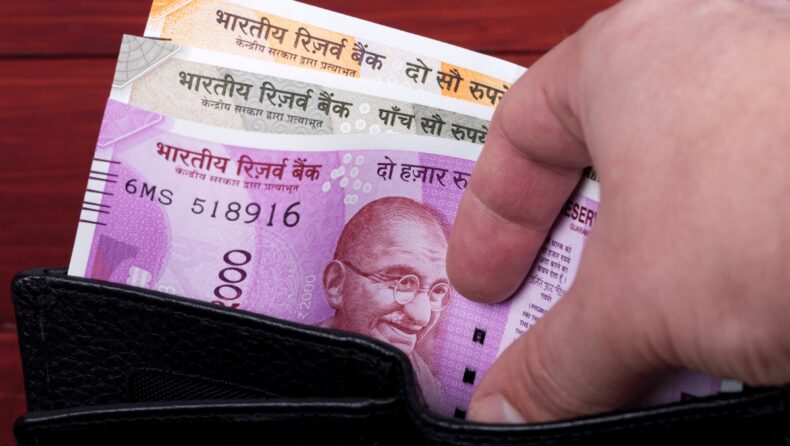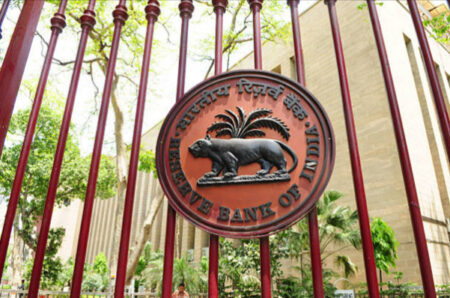The Indian market has a plethora of investment options available. It can sometimes get overwhelming when choosing the right instrument to park your funds and receive the maximum returns. However, fixed deposit is one of the savings instruments that has been in use for over decades now.
Fixed deposits (FDs) are a type of financial instrument offered by banks and other financial institutions that allow individuals to deposit their money for a fixed tenor. They promise guaranteed returns to FDs are one of the most popular options in India due to their low risk, guaranteed returns, and ease of getting started with. In addition to these benefits, FDs offer several other advantages which make them the perfect savings choice with a moderate to low-risk appetite. Read on to know more about their benefits which have made them stand the test of time amongst individuals of every age group.
Benefits of FDs

Before diving into the depth of the benefits of FDs, let’s look at the types of fixed deposits:
- Standard FD
- Tax Saving FDs
- Special FDs
- Regular Income FDs
- Senior Citizen FDs
- Flexi FDs
- Corporate and Other FDs Which Offer High ROI.
Now that you are aware of the types of FDs, here are a few of their benefits:
- Guaranteed Returns
One of the primary benefits of fixed deposits is that they offer guaranteed returns. When you start an FD, you know exactly how much you will earn at the end of the deposit term. They remain unaffected by the market fluctuations. This makes FDs an ideal option for risk-averse individuals who are looking for steady returns without any volatility.
- Low-risk Savings Plan
Fixed deposits are considered to be low-risk savings instruments as they are backed by the government. Besides, they carry almost no risk and are a great starting point for savings. Moreover, FDs are not affected by market fluctuations, making them a safe option.
- Flexible Tenor
Another benefit of fixed deposits is that they offer flexible tenors. Individuals can choose the tenors of their FDs based on their financial goals and requirements. FDs can be opened for a period ranging from 7 days to 10 years, and the depositors can choose a tenor that suits their financial requirements.
- Easy Liquidity
Fixed deposits offer high liquidity, which means the funds can be withdrawn before its maturity. However, a penalty would be applied in the case of premature withdrawal. The penalty varies from bank to bank and depends on the tenor of the FD. Besides, the entire procedure is seamless and can be closed using the bank’s online net banking portal as well.
- Compound Interest
Fixed deposits offer compound interest implying that the interest earned on the FD is added to the principal, and the interest is calculated on the new amount. This results in higher returns. Moreover, some banks offer the option of reinvesting the interest earned, which further increases the return.
- Tax-saving Benefits
Tax-saving fixed deposits also offer benefits under Section 80C of the Income Tax Act. Individuals can claim a deduction of up to Rs. 1.5 Lakhs on the principal amount. Moreover, senior citizens can claim a higher tax benefit on the interest earned on FDs.
- Higher Interest Rates for Senior Citizens
Most banks offer higher interest rates on FDs to senior citizens. This makes it an ideal option for senior citizens who are looking for steady returns without taking any risks.
- Easy to Open
An FD account can be opened with any bank or financial institution by submitting the required documents. Moreover, some banks offer the option of opening an FD account online, which makes the process even more convenient.
Conclusion
Fixed deposits offer several benefits, including guaranteed returns, low risk, flexible tenors, high liquidity, compound interest, tax benefits, and more. Individuals can consider FDs as a part of their investment portfolio to diversify their investments. They also help them earn steady returns without any volatility since FDs aren’t affected by the market fluctuations.
However, you can compare the interest rates offered by different banks and choose the one that offers the highest interest rate for their FD. It is better to analyse your financial goals and requirements, decide your risk appetite, and make the right decision accordingly.













